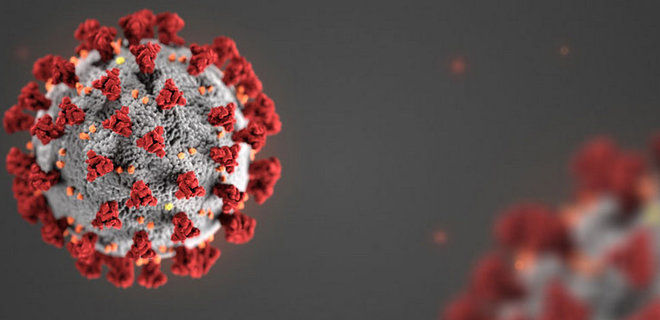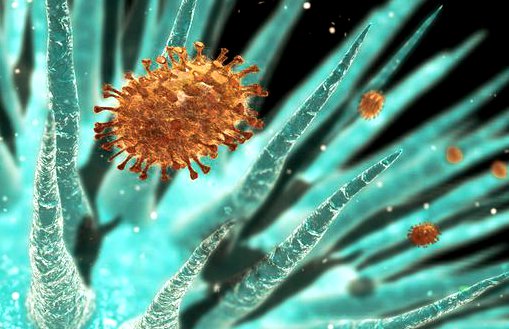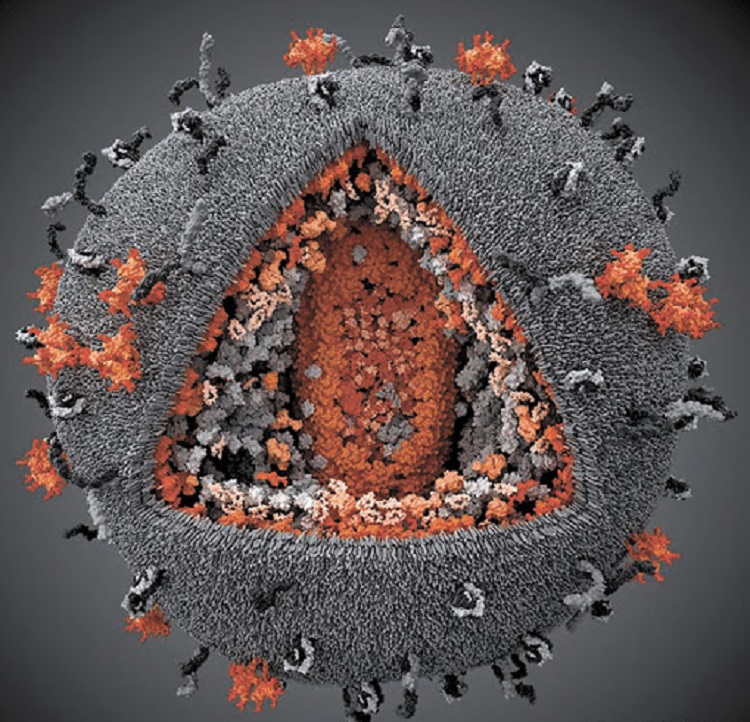

Harmonization of social life is not limited solely to the relationship of a man with a man, different social groups, peoples and countries, but it is also a necessary prerequisite for the interaction of people and nature. COVID-19 has reminded us of it. The largest pandemic since the times of Spanish influenza has taken the planet by surprise and called into question the ability of the concept of public health. In the recent months, every person on the planet has become aware of their own vulnerability to an invisible enemy, which is far ahead of science in terms of mutation and spread.

The so-called Spanish flu, which took at least 50 million lives, accelerated the development of national health systems. COVID-19 will undoubtedly transform these systems, increase their flexibility or, according to Taleb, anti-fragility. Optimists will say that crisis is always a possibility. As an optimist, I agree with that. But as a man of science, I urge to prepare for the growing vulnerability of the human species.
The whole history of mankind is a story of the consistent destruction of the biosphere. Humanity is actively using the environment as a source of resources to meet its ever-increasing needs. The result of this method of management is degradation of the biosphere. Contrary to previous ideas about the amount of the biomass as a planetary constant, recent data on the decrease of the mass of the biosphere are emerging. The manifestation of this is the cessation of population growth in developed countries
Due to the reduction of natural selection, the so-called biological “quality” of the population has been worsening for several generations. Very soon, we will get a generation so weak, fragile and sickly that no state-of-the-art medicine will help. This is also evidenced by scientific data on the accelerated rate of aging of modern youth, which is most likely related to mitochondrial dysfunction or, in other words, the energy deficiency of the human cell. By processing the environment with the help of intellectual labor, man has changed the living conditions on the planet, creating a noosphere that, unlike the biosphere, does not have its own control mechanisms. As a result, humanity has received a response in the form of global environmental disasters that we are witnessing. Microbes and viruses have always been a source of biological danger to humans. World Health Organization considers infectious diseases to be one of the top ten causes of death in the world. In the last quarter of the century, approximately 40 newly acquired infections have emerged, including 20 viruses. These include HIV, the atypical pneumonia virus, avian and swine flu, and Ebola, which have taken lots of lives. Today it is difficult to guarantee that medicine will be able to protect a person from new or modified infections in the future.

Once, Louis Pasteur said, “Gentlemen, microbes will have the last word!” For now man manages to emerge victorious in the fight against the microcosm. But the methods of this struggle are in the short run. In this regard, I would like to emphasize that the global threat to humanity, greater than global warming, and which can be compared to the terrorist threat, is antibiotic resistance. Antibiotic resistance in Europe causes more than two million diseases, more than 25,000 deaths.

The number of new antibiotics appearing on the pharmaceutical market has dropped dramatically: from 16 in the 1980s to 2 in the 2000s. Lots of experts predict that in the near future, humanity will be forced to give up antibiotics altogether, since they will be of no benefit. We are entering a post-antibiotic era when many common infections are deadly.
Some scientists bet on vaccines as a form of alternatives. Others consider bacteriophages to be effective. But in the future, without antibiotics, no one looks confident. In this regard, there has occurred an urgent need to develop multi-component vaccines against several potentially dangerous pathogens. Such vaccines that would provide long-lasting, preferably lifelong, immunity. Biologists are actively working on creation of a so-called genetic vaccination. The prospect of creating DNA vaccines that are superior to traditional vaccines and capable of holding DNA fragments from several different pathogens has already been demonstrated. Geneticists have got a hope that the use of DNA vaccines can be an effective means of protecting the body.
Human civilization will be forced to overcome the ever closer systemic crisis as a single organism. Either it will overcome it as a single system, or it will faces a global catastrophe. Humanity is already coming to the realization that international global terrorism will be a constant threat in the 21st century. Therefore, not only the heads of states, but also the scientific and medical community must realize their degree of responsibility to humanity. For the first time in the history of our planet, the biological species has become dangerous to itself and many other species.
Author: Valerii Zaporozhan (Academician of the National Academy of Medical Sciences of Ukraine, Doctor of Medical Sciences, Professor, Honored Inventor of Ukraine).